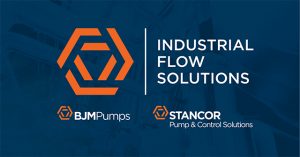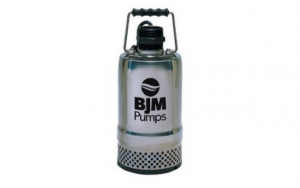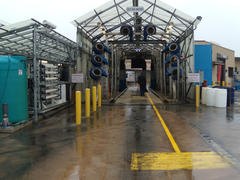Non-dispersible wipes have become a source of anguish for many maintenance teams because they clog pumps. When pumps that are running in critical applications become clogged, the expense to repair or replace that pump in a very short amount of time can become extremely costly. These excessive maintenance costs have been shouldered by many hospitals across the United States, who have experienced a rapid increase of non-dispersible materials entering their sewage systems. When a nationally recognized, not-for-profit hospital serving eastern Los Angeles and western San Bernardino counties contacted Cortech Engineering in April 2014, they were determined to address a persistent clogging problem that would help them save their maintenance dollars.
Pomona Valley Hospital Medical Center, which is staffed by about 800 physicians and twice as many nurses, is a 437-bed hospital that relies on 7 sewage ejection pits to collect waste from the hospital complex. These sewage ejection pits were responsible for pumping the waste material out of the buildings and into the municipal sewer system. Like many other hospitals across the U.S., they were having problems with “disposable” wipes. The pumps operating in their sewage ejection pits were consistently becoming clogged with “disposable” wipes and other materials which are not designed to be flushed through a sewage system.
Between 2008 and 2014, the sewage ejection pumps needed to be rebuilt and replaced several times. “Clogs happen at all times of the year – they don’t care whether it’s Thanksgiving, Christmas, or New Year’s Eve. When the pumps get clogged, the maintenance team has to act quickly to keep the system working,” explains Karen Deshler, Outside Sales Engineer for Cortech Engineering. “When the pumps become clogged, the hospital has to bring in extra maintenance staff and incur higher expenses during off shifts and holidays. They were spending between $4500 and $8500 each time they had to bring in a super sucker vacuum truck to remove the solids from the sewage ejection pits. Over time, and with repeated incidents, this became quite costly.”





Comments